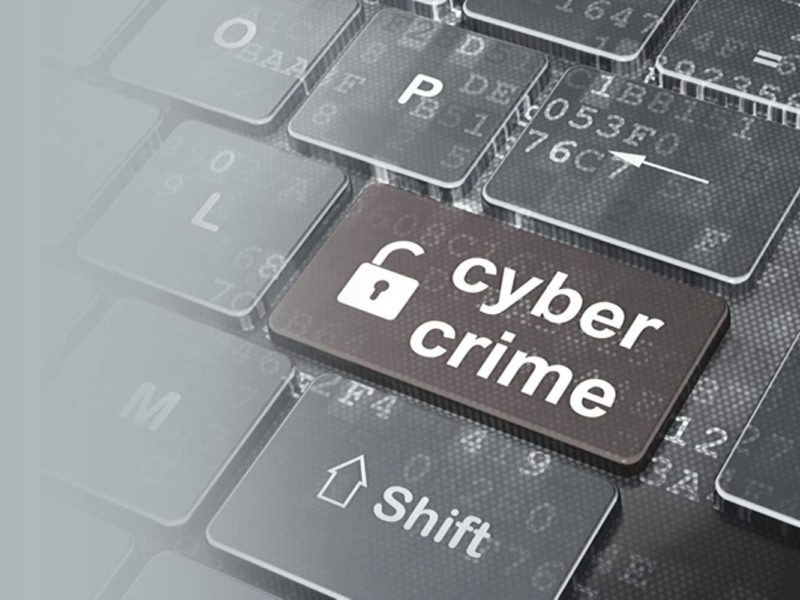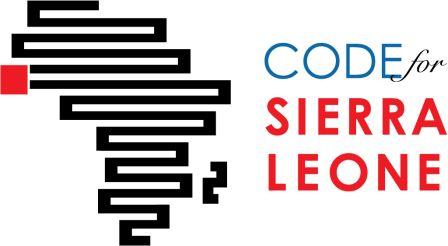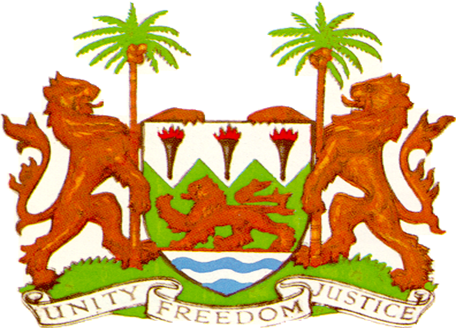Media justice – a reflection
I have been working with the Media Literacy Project www.medialiteracyproject.org for the past 7 weeks and as I participate in the different campaigns particularly those focused on media justice, this opportunity allowed me to step back and reflect on the situation back home in Sierra Leone. Media infrastructure in the United States (US) as compared to Sierra Leone is very developed, and what has struck me the most is the consistent call for media justice especially for the rural poor and people of color in the US. It seems to me that with the improved infrastructure and the diverse media tools in this country, everyone should be able to have access to and afford the different media channels. However, I have found out that this is not true and even in the land of plenty there are groups and communities who struggle to benefit from this vast infrastructure. As the days go by, I have reflected deeply on the importance of pursuing campaigns on media justice, what it means and how it impacts on the lives of individuals and communities. (Photo: Ambrose James, author)
I come from a small West African country called Sierra Leone where the media infrastructure is weak, urban based and biased but with a potential for growth. As I continue to think about media justice, I noticed that access to media opportunities is not a priority for the 5 million people in my country and is not seen within the context of rights by the majority of citizens or by the government.
Radio is by far the most popular and most trusted media in Sierra Leone, with 85% of people listening to radio as their main source of information. But it seems even access to radio is not a right because it depends on who owns and runs radio stations and their perceptions on using it from a rights based approach. Neither is access to Internet, television, newspapers and mobile phones considered a right. Mobile phones are affordable and accessible for the affluent groups based in the cities or a fortunate few in urban towns. Because access to media is not framed in a rights approach and not a priority for our government, millions of people continue to suffer and miss out on a number of opportunities that could have changed their lives in one way or another.
The literacy rate in my country is 35.1%[1]as compared to the US which is 99%[2]. This low literacy rate requires that information from various sources needs to be reprocessed and delivered in different formats to accommodate the demographics of the population to allow everyone the right to access. However, even with the heavy reliance on radio by the majority of the population, accessing public information and formatting continues to be a very serious challenge. The problems are many:
- Radio stations that are supposed to be the messengers do not have access to the Internet, by June 2011 there were 40,480 internet users, comprising less than 1% of the population
- 16% of the population have access to national TV,
- Satellite TV is only affordable to a few thousand people,
- 11%of the population read newspapers
- mobile phone communication is expensive and services are erratic and, most importantly,
- Information from government, institutions and agencies is frustrating to access.
Compared to the US where the campaign exists for affordable Internet and cell phone ownership and access for the rural poor and colored communities, civil society in Sierra Leone has been struggling for over 8 years on a campaign that will see government pass into law the Freedom of Information bill. For us this is the first step before even talking or thinking about affordability.
As I understand media justice more I reflect on the fact that our governments either does not see or understand media access from a rights perspective or just deliberately try to impinge on the rights of its citizens for obvious reasons – they don’t want citizens to be knowledgeable and have access to information which might allow them to hold government more accountable. Even as that might be their fear, it has dawned on me to actually reflect on the millions of people who are cut off from the mainstream society because of this thinking and how opportunities are missed, how it impacts on their development aspirations and their living conditions continue to worsen because of the lack of basic access to information and tools. These are people who vote and place for the responsibility of running their country, region, district, chiefdom and village in the hands of the very people who do not see media as a right or deliberately just continue to deny them access. How can they vote properly based on issues? How can they make rational judgment and analysis? How can they have access to opportunities like every other citizen? How can growth take place when the people who are supposed to be supporting government’s development plans and agendas do not know what is happening beyond their localities? Lack of media justice has ripple effects; even as the leaders might think that media justice will make them less powerful and unable to act, it also undermines their development agendas. When their development agendas are not achieved they look bad in the eyes of the people.
One of the reasons for increased growth in knowledge in the US and other developed countries has been that the premium on access to and affordability of information and media has been framed in a rights-based approach. That is why campaign and advocacy groups continue to put pressure on their governments to ensure everyone has access to these rights for development to blossom and for growth in knowledge to be accelerated. It is only when citizens have equal opportunities and access to information that we begin to realize their potential and make their contribution to societal development meaningful.
As I contemplate the importance of media justice and as I continue to be part of the campaigns in the US, I feel discouraged as to how far our government and citizens of Sierra Leone are from even internalizing this concept. More importantly, the lack of media justice has and will continue to be an obstacle to our growth and development as a nation. Reflecting on the way forward I begin to think about possible obstacles we will face in Sierra Leone as we progress even as the fiber optic cable has recently landed in Freetown there are issues of corruption, corporate competition and corporate influence over state structures and hidden messages from various adverts to lure consumers just as I am experiencing in the US.
Author – Ambrose James is currently a Communications Fellow working the Media Literacy Project based in Albuquerque, New Mexico. He is on a 4 month placement through the Community Solution Programme a professional development program for the best and brightest global community leaders working in Transparency & Accountability, Tolerance/Conflict Resolution, Environmental Issues, and Women’s Issues. The CSP is a Programme of the Bureau of Education and Cultural Affairs of the US Department of State and implemented by IREX. Ambrose is Sierra Leone Country Director for Search for Common Ground.
Ambrose James, Talking Drum Studio
Stay with Sierra Express Media, for your trusted place in news!
© 2011, https:. All rights reserved.





